SEARCH






|
|
|
|


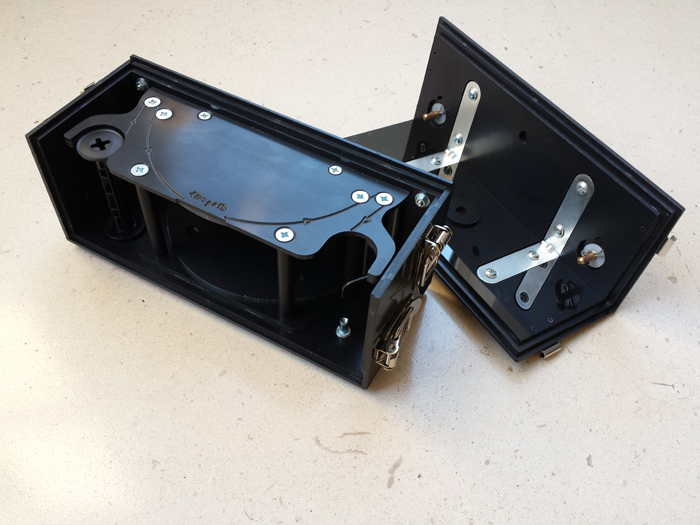
Starting with my usual first line of thoughts, we photographers need tools to work our craft. And our main tool is of course the camera, that object in front of our eyes that we instruct to capture what our brain has imagined or seen through our eyes. We have brain, eyes, camera and subject, by that order or any other we may find appropriate to our project or idea.
Depending on what we want to capture, having already made our brain work and eyes ready in front of the chosen subject, we need the right tool for that moment, we need to use the right camera for that subject. If your workflow demands a digital camera, there is not much more to say, a digital camera is like some say ‘one size fits all’. If using film is your choice of working for that particular project, then you will have many more tools and options available, since not all analogue cameras are the same. Film size, rolls or sheet, film type based on emulsion, black and white or colour, all this can demand one kind of camera or another, between small, medium or large format. Or you can even choose a lens-less camera called a pinhole camera, if it suits your idea and vision for a particular project.
Yes, this will be a review about a very special tool, a 6x17 cm pinhole camera with curved film plane. Let use dive into this concept, which called itself “RealitySoSubtle”, made by James Guerin, and sold online on the Au Premier Plan site. You guessed right: I have a fascination for this 6x17 cm frame format.
It's a medium format camera (meaning it uses 120 type film rolls), considered a panoramic camera, sliced into four frames per roll, like it says, 6cm by 17cm each frame. The pinhole (size) laser drilled with full precision, holds the image right into a (size) focal length.
Here are the full camera features, taken from the maker:
CNC machined body
Curved film plane with a radius of 70mm (focal length).
Large 6x17cm (57x170mm) negative giving 4 shots per roll of film (120 roll film).
Angle of view: 141 degrees horizontal, 44 degrees vertical.
2x Laser drilled 300 micron (0.3mm) pinholes (f/233). Pinhole material thickness = 50 microns (.002″).
Magnetic shutters
Dual pinhole allows horizon to be placed on upper or lower third (camera level).
Accurate aiming lines for composition.
Precise bubble level.
Standard 1/4-20 tripod mount socket
Rubber feet
Film spool tensioner at take up spool.
What makes this one special are two almost unique features.
First there is the curved film plane, giving it an identity like no other. What it does is keeping the light on the film plane at exactly the same distance from the pinhole all around the frame, avoiding this way the usual vignetting seen with flat planes.
The other interesting and unique feature is the dual capturing pinhole, allowing the choice of placing, or using, the horizon line up or down for some incredible effects. Normal use is with the camera level, but pointing it up or down can give some crazy perspective and strong effects, just experiment with it.
Framing has the help of engraved lines at the top and on the side, very helpful. The shutter comes with an ingenious mechanism, based on magnets, for some neat and clean use.
Construction is very sturdy and rugged, with a solid feel in the hands. There is of course a tripod thread for holding it tight.
Sticking the roll of film in place for use is a little tricky but gets easier with practice.
This is a great tool for those special projects demanding something wide and subtle like reality can be, with the medium format advantage, and it's the most fun introduction into the world of pinhole photography.
Here follows some examples taken with mine.
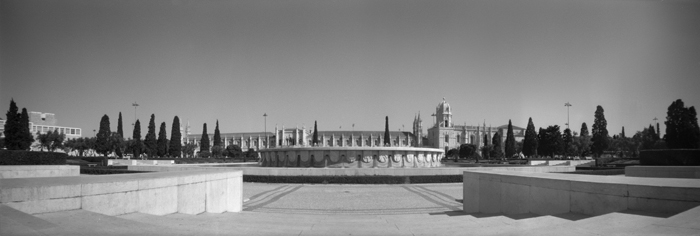
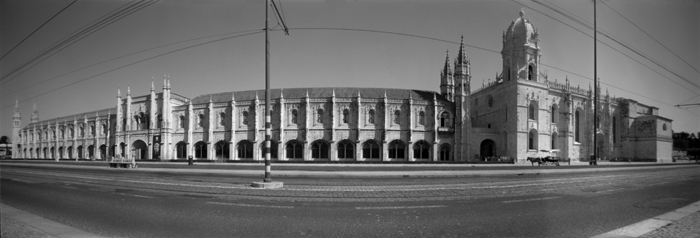
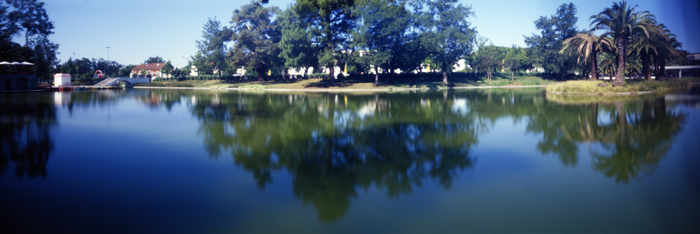
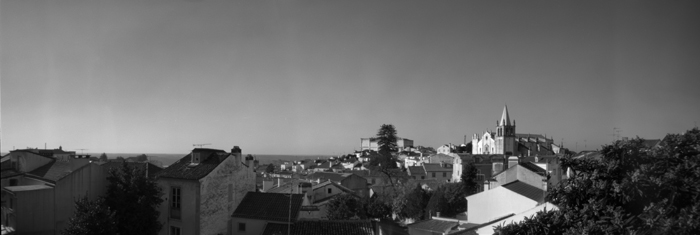

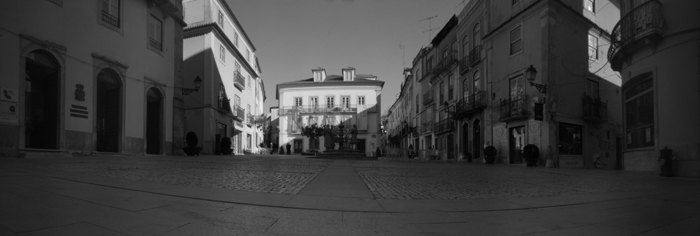

 | Write |
 | Yvette Depaepe CREW Dear Raul, this is an interesting and captivating article just as always. So glad to have you as editor for analogue work ;-) Thanks a lot. Greetings, Yvette |
 | Raul Pires Coelho My pleasure, Yvette... in a fast world, slow living is still an option! ;-) |
 | Paulo Abrantes PRO very useful and nice article. thanks, Raul, for the deep info and feedback about it. cheers |
 | Raul Pires Coelho you welcome... glad you liked it, Paulo!! ;) |